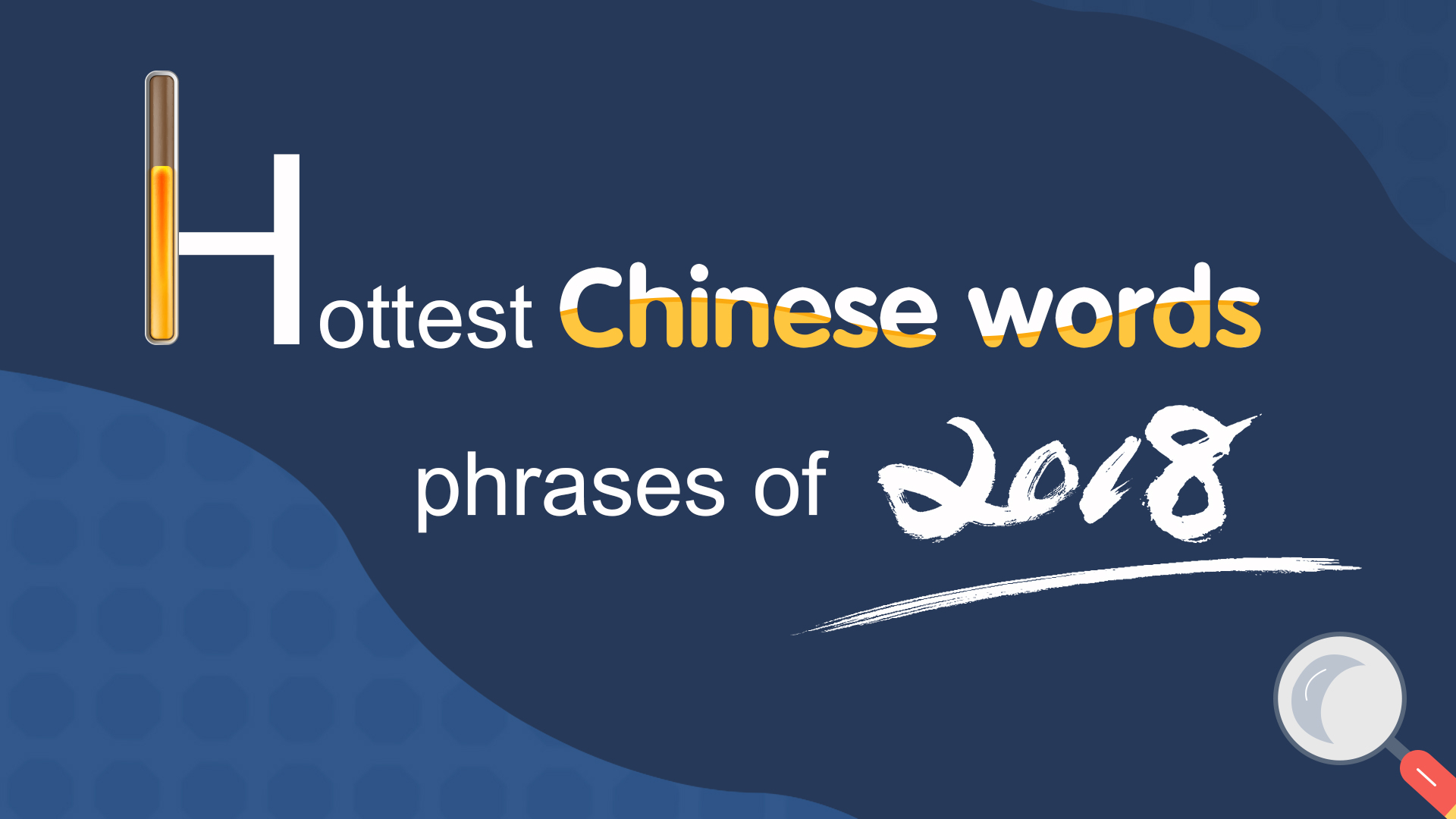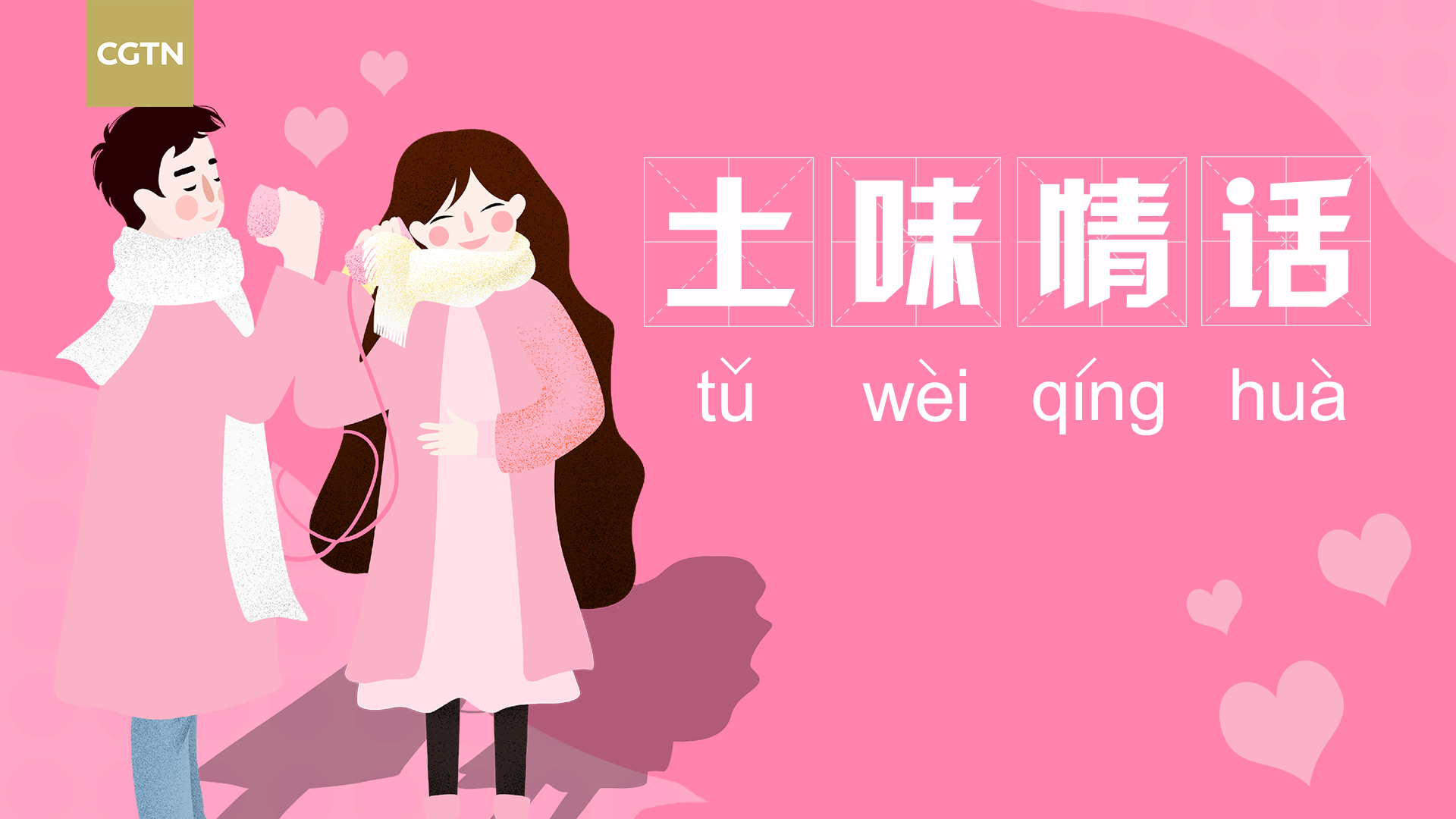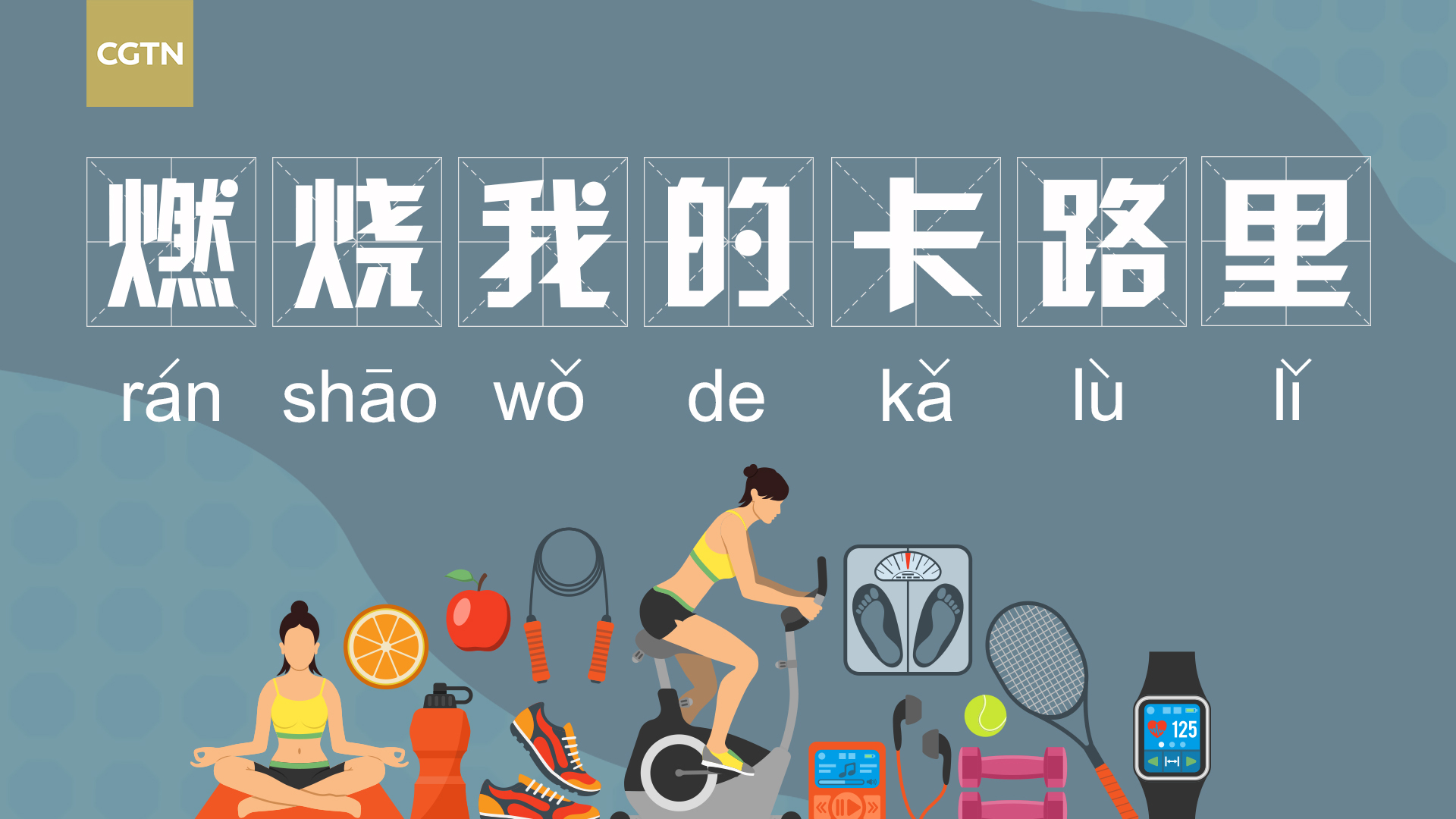
Culture
09:17, 21-Dec-2018
Hottest Chinese words, phrases of 2018
Updated
08:58, 24-Dec-2018
By Ye Qing

China released its words and phrases of 2018 on Thursday.
Words and characters on the list related to domestic topics include "struggle," "40 years of reform and opening-up," while those related to international issues include "withdraw," and "trade friction."
The campaign, whose organizers include the National Language Resource Monitoring and Research Center, the Commercial Press and CCTV news, received thousands of different words and characters proposed between November 20 and December 3 by netizens nationwide.
Annual domestic character

fèn: Struggle/Striving
fèn: Struggle/Striving
奋 (fèn) literally means "struggle," also means hard-working. The organizers interpret that the character can be explained as an inspiring presence or selfless.
Annual domestic phrase

găi gé kāi fàng sì shí nián: 40 years of China's reform and opening-up
găi gé kāi fàng sì shí nián: 40 years of China's reform and opening-up
As the year 2018 marks the 40th anniversary of China's reform and opening-up, China has made significant achievements in various fields.
As the organizer explained, we need to remain the original aspiration and keep the mission of reform and opening-up firmly in mind.
Annual international character

As the annual international character of 2018, the word "退 (tuì)" has different meanings here. Generally, the character means “quit” or “leave.” But the extension word “tuì qún” is widely generalized by Chinese netizens and media to describe the pattern of behavior of high-profile political leaders who have chosen to withdraw from previously established terms and coalitions, for instance, Brexit, the Paris Climate Agreement and so on.
As the report said that the purpose of leave or withdraw varies from country to country, but it is all driven by national interests.
Annual international phrase

mào yì mó cā: Trade friction
mào yì mó cā: Trade friction
The annual international phrase is "trade friction." Literally, U.S. imposes tariffs on Chinese goods, causing "trade friction" between the two countries, but economic globalization is the general trend and peace and development are the aspirations of the people.
As CCTV news reported, for China and the U.S., cooperation is the only right choice. Only win-win collaboration can lead to a better future.
Annual Internet terms
Also, the National Language Resources Monitoring and Research Center released the "top ten Internet terms of 2018" including "skr" and "center position."
According to the report, the "top ten Internet terms of 2018" are based on the National Language Resources Monitoring database (Internet media section), which are extracted by intelligent information processing and manual filtering. The database contains a large number of annual language resources in different media forms such as network news and blog. Among them, the original file of the network comprises about 460,000 posts.
On December 15, leading Chinese linguistic magazine "Yao Wen Jiao Zi" also revealed its annual pick of words and phrases over the past year on social media, and many of “Chinese word and phrase in 2018” have already been included, such as 官宣 (guān xuān) which literally means “an official announcement,” 锦鲤 (jǐn lǐ) or “Koi fish,” and 佛系(fó xì) or “Buddha-like.” CGTN has already explained these words in the previous article.
The shortlist reflects people's lives and the hot issues that have come up in the past year, both in China and abroad, according to the experts. As the Ministry of Education (MOE) said that this year's words vividly depict the concerns, emotions, and joys of Internet users in 2018, and they have interpreted these words as follows.
Skr

Skr: People prefer to use this word to express admiration and praise.
Skr: People prefer to use this word to express admiration and praise.
The word originally refers to the sound of car tire friction, after it was popularized by Kris Wu on the platform's show “The Rap of China,” the word quickly became a term of praise used by new hip-hop fans but was suddenly everywhere, and was spread by netizens who imitate.
In some situation, when something is recognized, people prefer to use "skr" to express admiration and praise.
Center position

C wèi: Center position
C wèi: Center position
As a new buzzword, "C" is an abbreviation of the English word "center."
The word originated from a reality show "Produce 101," in which 100 trainees were trained and recorded in a closed mode within four months. At last, nine winners were selected to form a new idol group, and the first-rank trainee would be the center or be the best position of the group. As MOE said, "center position" generally refers to the center of the stage or the artist's position in the middle or the most crucial spot of the poster.
“Debut by center position” was once a popular phrase in this year. In the beginning, “debut” was just a particular term for singers. In the Japanese music industry, joining the entertainment circle was only regarded as an entry. The debut was based on the official release of music or CD.
Made famous by talent show "Produce 101" this year, "center position" was also everywhere and highly-searched in 2018.
Cheesy pickup lines

tŭ weì qíng huà: Cheesy pick-up lines
tŭ weì qíng huà: Cheesy pick-up lines
Cheesy pick-up lines simply refer to those smart, cheesy, and cute pickup lines in ways that manage to break the ice. Such as “Are you sure you're not tired? You've been running through my mind all day,” and “Do I know you? Because you look exactly like my next girlfriend.”
Although these lines sound too emotional, romantic and/or embarrassing in some way, however, this kind of cold humor of love words still cannot escape the search of Internet users.
Prankish/Play a trick

pí yī xìa: Prankish/Play a trick
pí yī xìa: Prankish/Play a trick
The word comes from a Shaanxi dialect, became popular in-game commentary program and e-sports and had been widely used on social networks. 皮 (pí) literally means “naughty,” or “prankish” in a dialect. This phrase is used to make fun of someone who is mischievous and doesn't play by the rules.
Burn my calories

rán shāo wŏ de kă lù lĭ: Burn my calories
rán shāo wŏ de kă lù lĭ: Burn my calories
This is the lyrics of the song "Calorie" sung by Rocket Girls 101. Because of its unique melody and lyrics, the song has become a hit all over the Internet, also becoming a hot melody for square dancing and gym.
The campaign, which began in 2006, aims to let netizens describe China and the world in one word at a time, to highlight the charm of Chinese language and record social changes. This year's campaign is the 13th of its kind.
(Images are designed by Liu Shaozhen)

SITEMAP
Copyright © 2018 CGTN. Beijing ICP prepared NO.16065310-3
Copyright © 2018 CGTN. Beijing ICP prepared NO.16065310-3